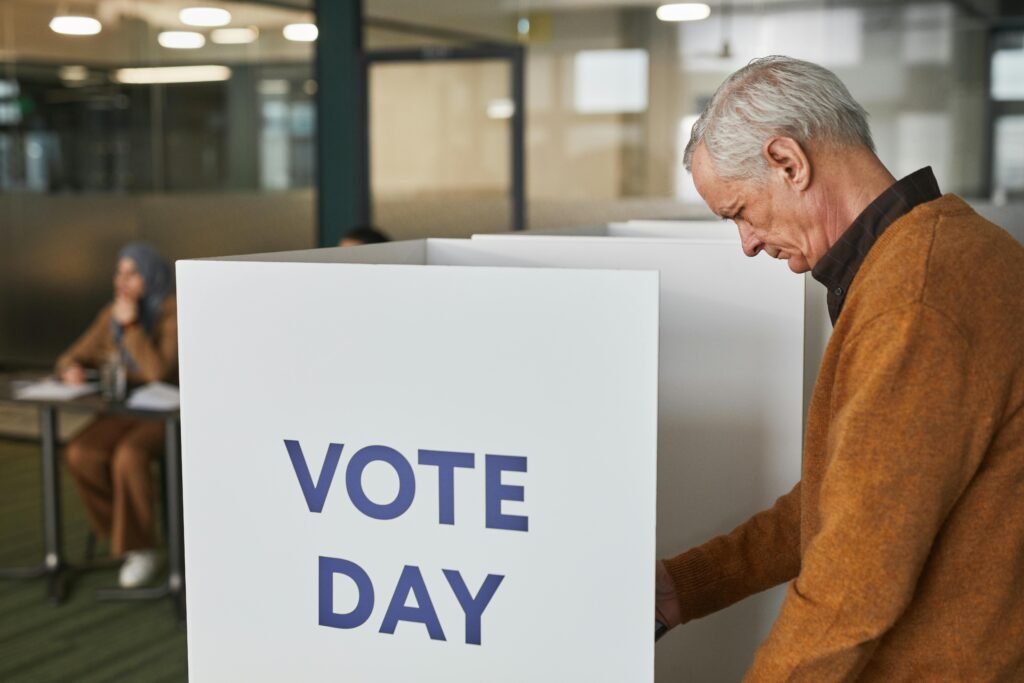Social media has become a powerful tool for political campaigns and organizations to reach and influence voters. However, concerns have emerged regarding the potential manipulation of voters through these platforms. In this exploration, we delve into the tactics employed and the impact of using social media as a tool for political manipulation.

Tactics Employed in Voter Manipulation:
- Microtargeting:
Political campaigns leverage data analytics to segment and target specific groups of voters based on demographics, interests, and online behavior. Microtargeting tailors messages to resonate with specific audiences, influencing their opinions and decisions. - Disinformation Campaigns:
The spread of false information or disinformation on social media platforms can sway public opinion. Political actors may engage in disinformation campaigns, spreading misleading narratives to create confusion or influence voter perceptions. - Social Media Advertising:
Paid advertising on social media allows political entities to reach a vast audience. By strategically placing ads, campaigns can control the narrative and shape the public’s perception of candidates, issues, or policies. - Algorithmic Bias:
Social media algorithms play a crucial role in shaping the content users see. Algorithmic biases may result in the reinforcement of users’ existing beliefs, creating echo chambers that limit exposure to diverse perspectives and ideas. - Fake Accounts and Bots:
Creating fake social media accounts and deploying bots amplify the reach of political messages. Automated accounts can flood platforms with specific content, creating an illusion of widespread support or dissent.
Impact on Democratic Processes:
- Erosion of Trust:
Manipulation on social media can erode trust in democratic processes. Disinformation and misleading content may leave voters skeptical about the information they encounter, undermining the integrity of elections. - Polarization and Divisiveness:
Manipulative tactics often contribute to the polarization of political discourse. By reinforcing existing beliefs and creating ideological echo chambers, social media can deepen divisions among voters. - Undermining Informed Decision-Making:
Voters rely on accurate information to make informed decisions. Manipulation through social media can compromise this process, leading to decisions based on falsehoods or biased narratives. - Voter Suppression Efforts:
Some manipulation tactics aim to suppress voter turnout by spreading misinformation about the electoral process, locations, or voting procedures. This can disenfranchise certain groups of voters.
Mitigation Strategies and Recommendations:
- Media Literacy Programs:
Implementing media literacy programs can empower users to critically evaluate information encountered on social media. Educating the public about recognizing disinformation is crucial in fostering informed digital citizenship. - Transparency in Political Advertising:
Platforms can enhance transparency by implementing measures to disclose the source and funding behind political advertisements. This allows users to assess the credibility of the information presented. - Algorithmic Accountability:
Social media companies should address algorithmic biases and work towards minimizing echo chambers. Promoting diverse content and viewpoints ensures users are exposed to a variety of perspectives. - Robust Fact-Checking Mechanisms:
Strengthening fact-checking mechanisms on social media platforms can help identify and label false information promptly. Providing users with accurate information promotes a more informed electorate. - Regulatory Oversight:
Governments and regulatory bodies can play a role in overseeing social media practices. Establishing clear regulations on political advertising, data privacy, and disinformation can contribute to a more secure digital environment.
While social media offers unprecedented opportunities for political engagement, it also poses challenges in terms of voter manipulation. Addressing these challenges requires a collective effort from platforms, policymakers, and users to foster a digital landscape that upholds the principles of transparency, accuracy, and democratic integrity.


